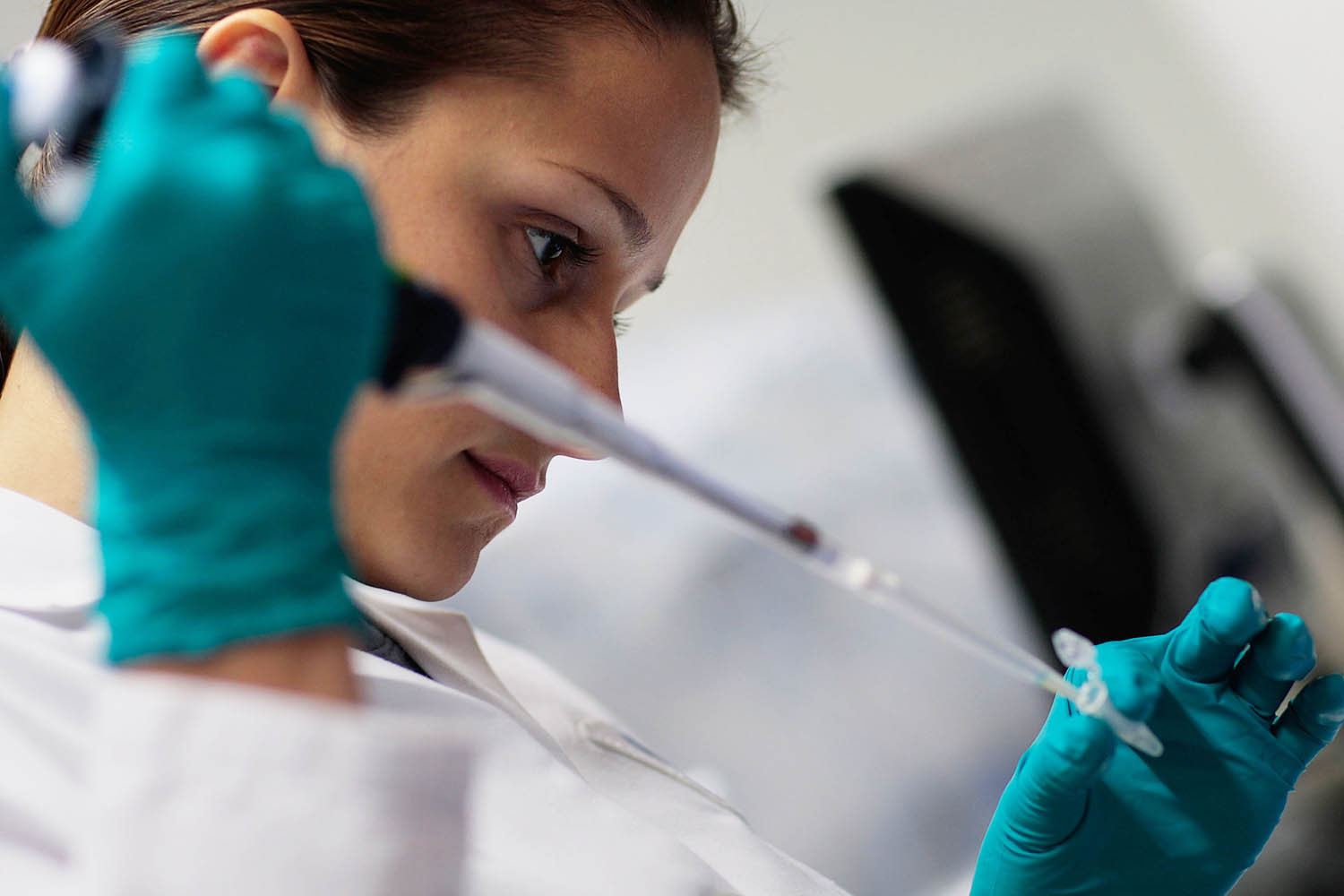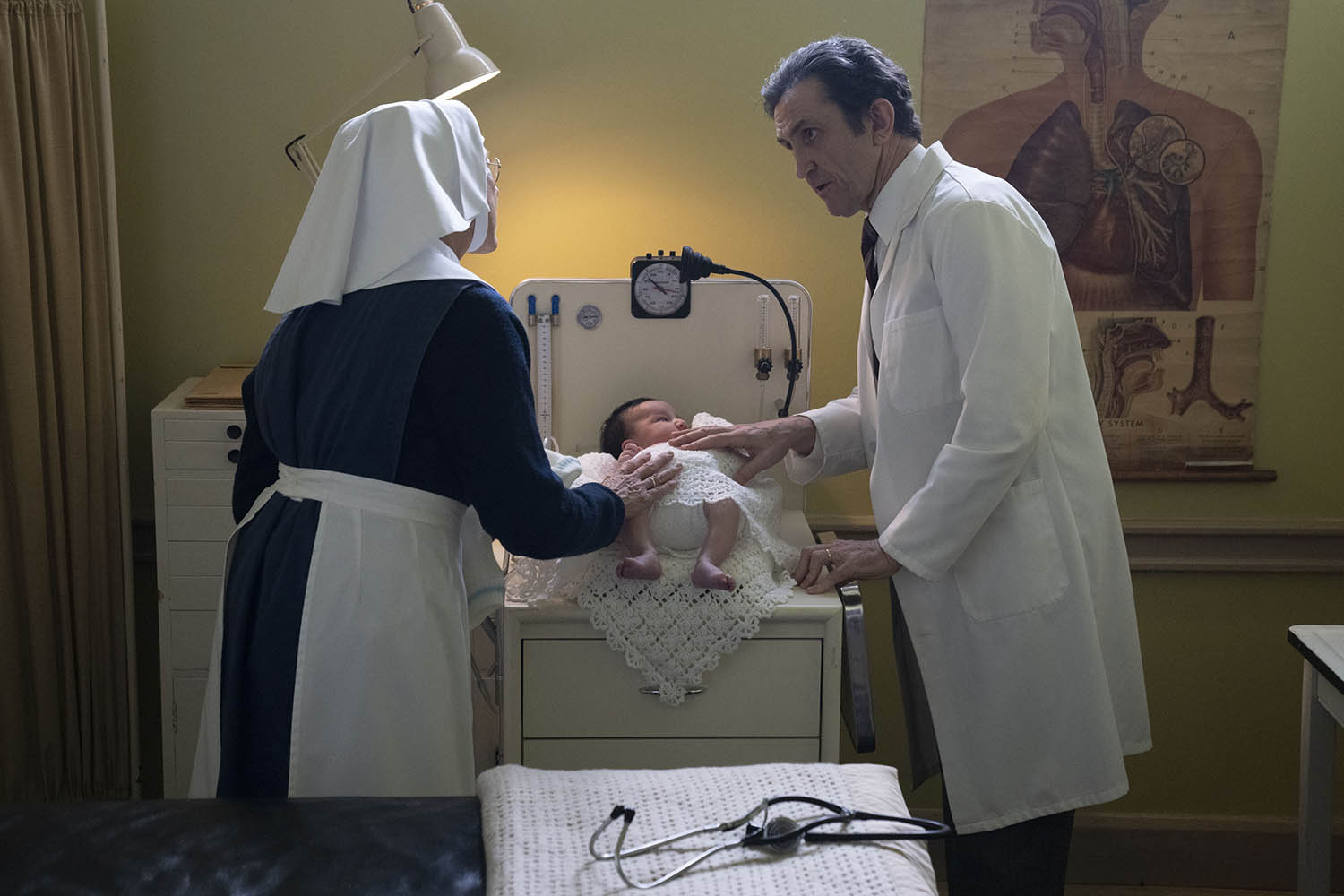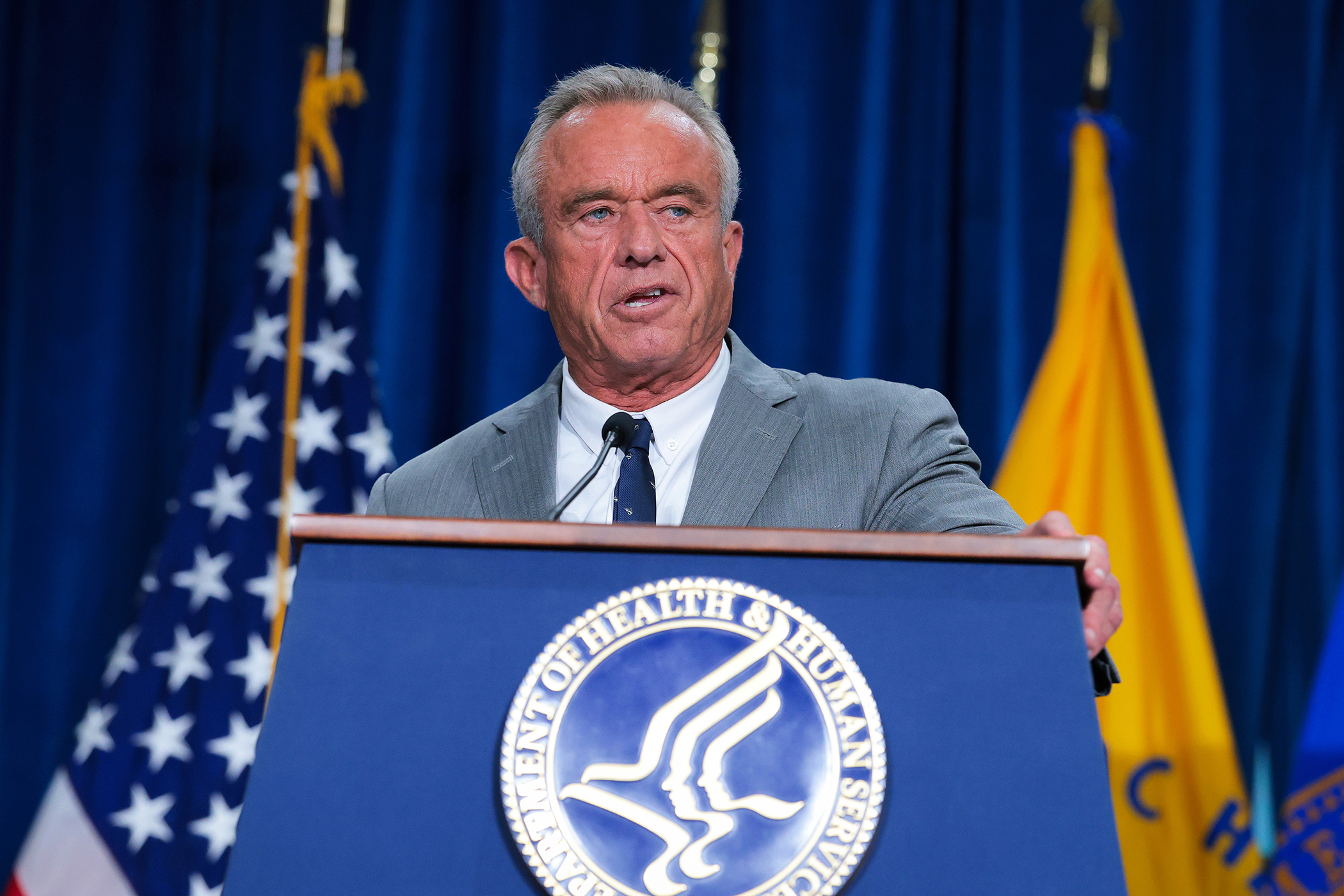It was supposed to be a banner year in the fight against the HIV epidemic. Nationwide infection rates were gradually falling, and on 18 June the US Food and Drug Administration approved a new drug that could significantly limit its further spread.
Lenacapavir, a twice-annual shot that proved 99% effective at preventing HIV transmission in clinical trials, belongs to a class of drugs called pre-exposure prophylaxis, or PrEP, which Donald Trump made widely available during his first term. In his 2019 state of the union address, Trump called on Congress to increase funding to end the Aids epidemic in the US, and to renew Pepfar, the President’s Emergency Plan for Aids Relief, which officials estimate has saved more than 25 million lives, mostly in sub-Saharan Africa since it was founded in 2003.
Then along came Robert F Kennedy Jr, Trump’s eccentric health secretary and the country’s most prominent vaccine sceptic, who has taken an axe to the nation’s infrastructure for fighting infectious diseases. Trump appears to have given Kennedy wide authority to undo his own administration’s prior gains.
In his first six months in office, Kennedy has sacked the entire Office of Infectious Diseases and HIV Policy and ordered the National Institutes of Health to phase out its guidelines for HIV prevention and treatment by next year. His proposed budget for the Department of Health and Human Services also eliminates core funding for HIV treatment at home and abroad – after Elon Musk’s elimination of foreign aid ended Pepfar, leaving millions in Africa without access to life-saving drugs.
For years, Kennedy has asserted that Aids is not caused by a virus but by environmental and lifestyle factors, and that treatments approved by agencies now under his control were a conspiracy to generate profits for the pharmaceutical industry.
In his 2021 book The Real Anthony Fauci, Kennedy quotes noted Aids-denialists Celia Farber and Peter Duesberg to argue that Fauci, who was then the nation’s top biomedical scientist, duped the public decades earlier into funding HIV drugs for personal gain.
Kennedy has also suggested that poppers, a recreational drug, rather than the immunodeficiency virus, cause Aids. In 2023, a video surfaced which shows Kennedy telling an audience that poppers, which are sold legally in the US, were “in all the gay bars and bathhouses” in the 1980s before the epidemic.
Related articles:
“This places blame on the infected individual,” says Tim Caulfield, research director of the Health Law Institute at the University of Alberta. As for Kennedy’s theories, he believes they are “related to the anti-big pharma and big profit idea. He’s implying that the virus version of the story has been created to sell products.” More worrying, “it signals the advance of an anti-science ethos”.
Meanwhile, with hundreds of millions in federal funding cut from HIV research, biomedical scientists say their hopes of ending the epidemic this decade have mostly evaporated, with the fallout affecting other fields.
Newsletters
Choose the newsletters you want to receive
View more
For information about how The Observer protects your data, read our Privacy Policy
“If this had been done in the 90s, there would never have been any HIV drugs, because funding underpinned all the basic science that enabled commercial companies to bring the first effective drug to market,” says Simon Collins of i-Base, an HIV treatment organisation.
“The UK depends on that scientific research as much as the rest of the world,” he says, including for Covid-19 vaccines, which “we would never have had” without the scientific networks set up to fight HIV.
Caulfield agrees. “We’re seeing a banner year for mRna technology, with possible applications in cancer and other diseases, and the flu vaccine being associated now with a decreased risk of dementia.” With similar research on HIV now scrapped, “that’s genuine lost time. It does real harm to the world. We’re entering a new Dark Age.”
Photograph by Chris Hondros/Getty



